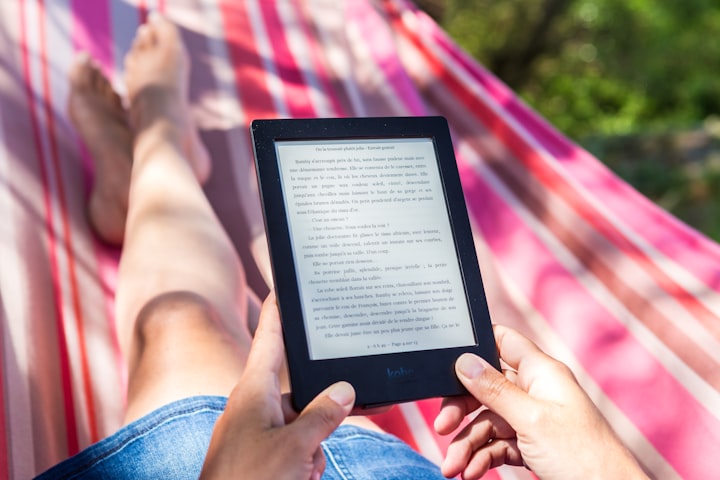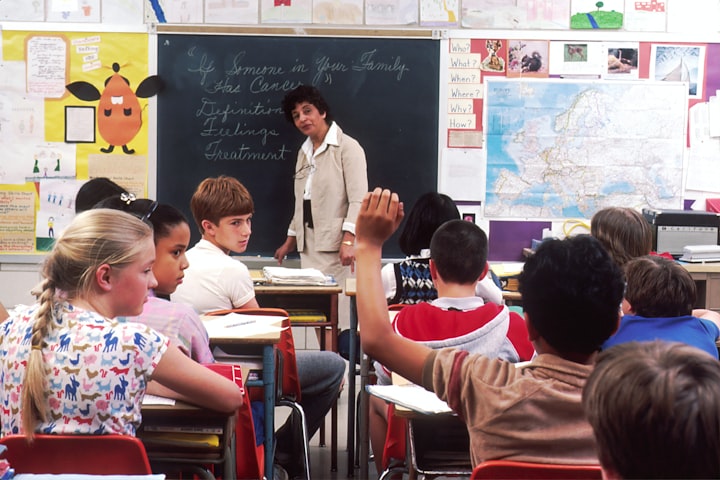
Combining the unpopular truth of taxpayers in an e-books center can provide readers with immersion information. The unpopular reality of taxpayers we see is transforming ordinary images into advanced 3D images that readers can view in all directions. Many publishers include videos in their e-books to share with readers and reading material.
Various studies have shown over the past decade that students prefer to read on paper rather than on screen because they think they can concentrate better and keep the details better when they are written. Research has also shown that students choose digital textbooks to understand physical textbooks. E-books not only save money but are also important for schools that increase their chances of learning enough in the fall and limit personal interactions on campus.
Some people think that the availability of books distracts students from living in a digital world. But there are many other reasons why students should switch to digital textbooks. First, today’s readers are a generation with a growing talent for technology and the use of e-books.
Students need to keep up with changing times in today's world and in the world of technology to understand how to use and use e-books.
In my view, schools should continue to have paper books but allow students to use e-books as a reference book and other activities. Textbooks are expensive, outdated, and expensive to change. This prevents schools from liking e-books.
While there are many potential benefits of online textbooks for students and teachers, there are also some disadvantages. Students said they preferred to read paper and ink books, while others complained of eye pain and difficulty writing notes on the screen.
Since digital books work together, readers do not have to download a visual book and scan it on the pages. Because textbooks are available, students are less likely to be tempted to visit other sites to read. E-books can be searched faster than textbooks, which can help students slow down and process the information they read.
This difference is not only between students who can afford digital devices for education, but also between the rich and the poor, and this is exacerbated when digital textbooks become a major source in the classroom.
As more and more readers turn to the screens instead of turning the pages the decision is whether digital textbooks have what it takes to replace traditional textbooks as the best.
It should come as no surprise that a new generation of students entering the digital age college is finding many ways to avoid heavy textbooks and high price tags. According to economics professor Mark J. Perry, textbook prices have risen by 81.2 percent over the past decade. The College Board estimates that students pay for textbooks at an estimated $ 1,200 a year. But the cost is not the only factor that attracts students to schools with fewer electronic textbooks.
Students and teachers agree on the benefits of using e-books in education. Students and teachers also agree on some of the benefits that can be applied to e-books in education. Students and teachers agree on these benefits.
Excessive use of tablets in addition to printed textbooks will also help illuminate student backpacks. Educational tablets in schools will eliminate the need for students to read in old and out-of-date books, especially in critical areas that change rapidly, such as computer science. Tablets are more fun for students, and books are an extension of them, making reading more enjoyable.
For example, some schools and school districts plan to switch from textbooks to textbooks or similar mobile devices. Wealthy school districts can introduce e-books and tablets; Poor school districts can't. As the popularity of tablets grows, many schools are evaluating whether they can switch to textbooks and tablets or introduce an individual program where only one tool can be used for students in their district.
The devices are lightweight and carry more information and resources than standard textbooks, making it easier for students to choose. Proponents of the tablets claim that they can capture hundreds of textbooks, protect the environment by reducing printing costs, increase student engagement and creativity and that digital books on tablets and e-readers are cheaper than printed books. They also claim that pills that support more teachers and students, are easier to use than printed books and can improve limited test scores.
Some schools say that students learn better from traditional body textbooks. Teachers trust students to learn in the classroom from textbooks but our computers can be used for much.
UML Library provides several ways to gain free access to textbooks published under open copyright licenses and provided to students through e-book and print formats at low or free prices.
Encouraging teachers to use e-books is just the latest in a series of steps that UML has taken to help students save money and continue learning. This includes a new book order system introduced last year. Liron Asher Image / UML Picture of iron asher students from Campus North studying on their digital tablets, one of the many ways to gain access to e-books.
On average, US students with tablets read 24 books a year on tablets, compared to 15 printed books for those without tablets. About 13% of students with a tablet read more books online than printed books.
Lee Wilson, a leading academic marketing educator, estimates that the annual cost per lesson for each tablet computer class is $ 7,155 compared to $ 1,426 for printed books. Tablets weigh only a few pounds, while printed textbooks are very heavy and can hurt students. When students carry a lot of books in their backpacks in addition to their Chromebooks and other school supplies, they cause serious damage to the neck and shoulders.
About the Creator
Dip Rai
I am a content writer and love to Code.





Comments
There are no comments for this story
Be the first to respond and start the conversation.